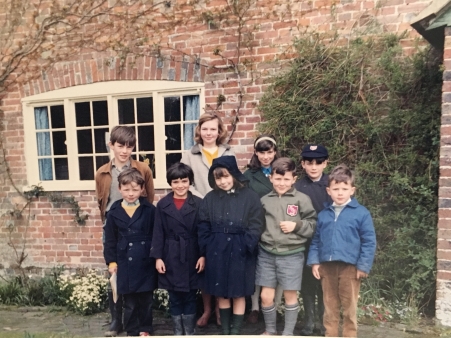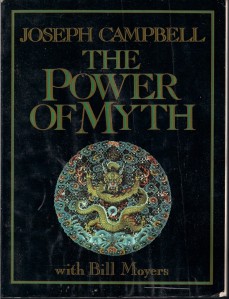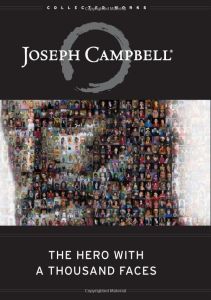
4th Symphony (#3 : Ruhevoll) – Gustav Mahler
I know next to nothing about classical music, but I’ve been steadily educating myself for the last 30 or so years in a hit-and-miss fashion. I treat it like any other form of music – in other words, I either like it, or I don’t. I’ll always give it a chance though. This piece was a very early discovery for me, at some point in my mid-twenties I bought a cassette of Mahler’s 4th symphony – it has a 4th movement song and the singer was Dame Kiri Te Kanawa whom I found both attractive and recognisable. Call me shallow, but decisions are formed from such primal simplicities.

Furthermore, the conductor was Georg Solti whom I had also heard of, and have since discovered to be one of the great dependable elements, especially when purchasing Wagner. I’m sure he’ll forgive me if I don’t call him Sir Georg. In fact there are better versions, but it’s all taste so go and hunt down your own. There are three different conductors below this piece. So there I was aged twenty-something, with a small handful of classical LPs and an even tinier selection of cassettes – useful for car journeys of course in those days. I’m particularly fond of long car journeys – if I’m driving especially. And this cassette got plenty of plays because it is a very sweet-sounding and romantic piece of work. My favourite part is the 3rd movement – so yearning and pleading and tragic that I used it on my first ever showreel – an actor’s ‘greatest hits’ – shouldn’t be too long, in and impress them and out. If you can.
I had only played one lead part by then (I have permanent supportyitis) which was a Channel 4 drama called Say Hello To The Real Dr Snide. I played an alcoholic who thought he turned into a black cat when he was drunk. My wife was the incomparable Celia Imrie and my therapist the equally brilliant Linda Bassett. Lucky me. Directing was the young Peter Cattaneo who would go on to direct The Full Monty, go to Hollywood, come back and the last time I met him he was directing Rev, a BBC series about a vicar. Such is showbiz. Ups and downs, swings and roundabouts, ripples, waves and all that. And there we were in London 1990 filming this drama, and I enjoyed most of it and did all right I thought. Mostly. Celia Imrie was a total delight. Linda Bassett was wonderful. Not sure how great I was though, in retrospect. I distinctly remember one scene where I was lying against a wall in some derelict area, drinking from a whisky bottle and talking to myself, in denial, in crisis. Looking back, I really didn’t do the scene that well. I didn’t melt – I couldn’t melt – as Paul Schrader would say years later about de Niro (he’s wrong by the way {Awakenings?} but it was interesting that he would say that about such a great actor in front of other actors). I was too tightly wound to be able to collapse my personality on camera and the scene ends up being too tight and forced. I watched it while making the showreel. I may have even included it, I can’t actually remember, but if I did I would have plastered Mahler 4 all over it to try and make it more acceptable hahaha. The music alone makes me melt these days. Music can do this to me without warning, tears in the eyes. When I was young – no, I liked it, but no tears. I have no trouble melting now that I’m older and more vulnerable than I ever was when I was a young man : “the survivor”. Now that I’ve apparently survived, I am unpeeling gently, unwinding, slowly, and letting the world in. I was screwed up tight because I’ve always been terrified of having a nervous breakdown – due to my Mum’s particular affliction, whatever label is currently in vogue for her vulnerability. So I compacted myself inside when I was young, and kept it there. No ambush could unlock it. Weird now I think about it that I could even have a career as an actor. My own feelings were hardly available to me. I was forced to ACT. And sometimes I just didn’t get there. I can say that now, looking back. I have got better since then, but I still have limitations. (Everyone does).
And sometimes if you put great music under a limitation, people don’t notice.

Gustav Mahler was a jewish Bohemian by birth who converted to Catholicism to secure the directorship of the Vienna Hofoper (now State Opera) due to the anti-semitism of the era. I don’t believe he was religious at all in fact, but spent his life having to deal with anti-semitism. He conducted for the early part of his life, famously Wagner, and wrote in the summer holidays. The 4th Symphony was completed in 1900, thus Mahler’s work bestrides both the Romantic era and the modern. I’m not going to discuss Der Knaben Wunderhorn, a series of German folk poems which inspired the first 4 symphonies because I’m well out of my depth there. Don’t panic. I like all of his symphonies now that I’ve heard them all. I’ve watched my father singing with Huddersfield Choral in the 8th Symphony, performed with up to one thousand voices (Symphony of a Thousand); the 2nd Symphony (Resurrection) is powerful and exciting; the 5th is famous for its use in the film Death In Venice, and a vocal symphony (8 and a half?) called Das Lied Von Der Erde (Song Of The Earth) is probably my favourite work. This – the 4th – was my first, and is the most familiar to me. The yearning, tragic 3rd movement is utterly fantastic, equally uplifting and tragic, and is below this piece of writing if you have a spare twenty minutes. It is astoundingly beautiful.
Leonard Bernstein conducts the 3rd movement of the 4th Symphony
the entire 4th symphony conducted by Claudio Abbado
the romantic doomed magnificent 3rd movement of the 4th symphony (George Szell, Cleveland Orchestra)






